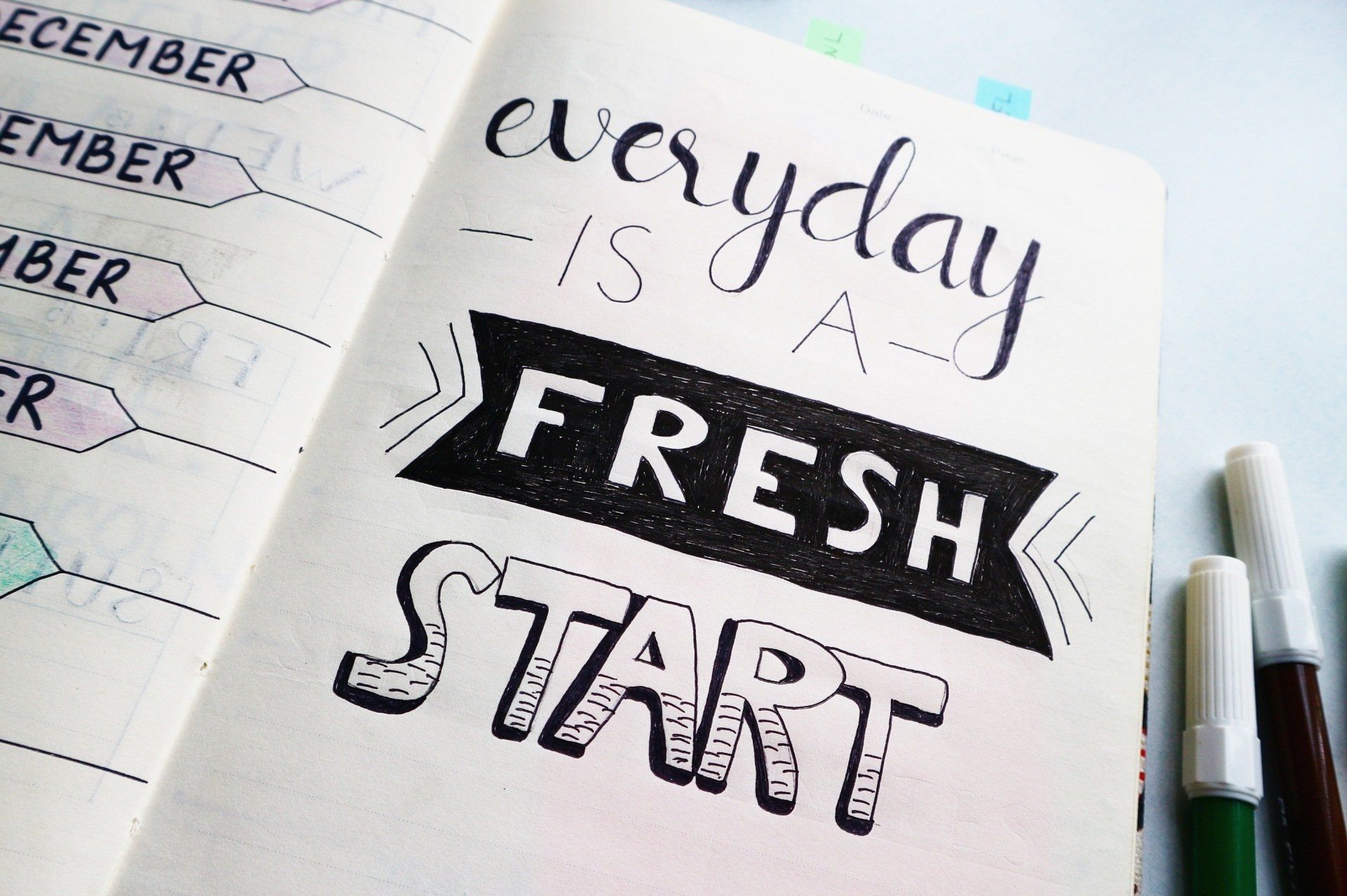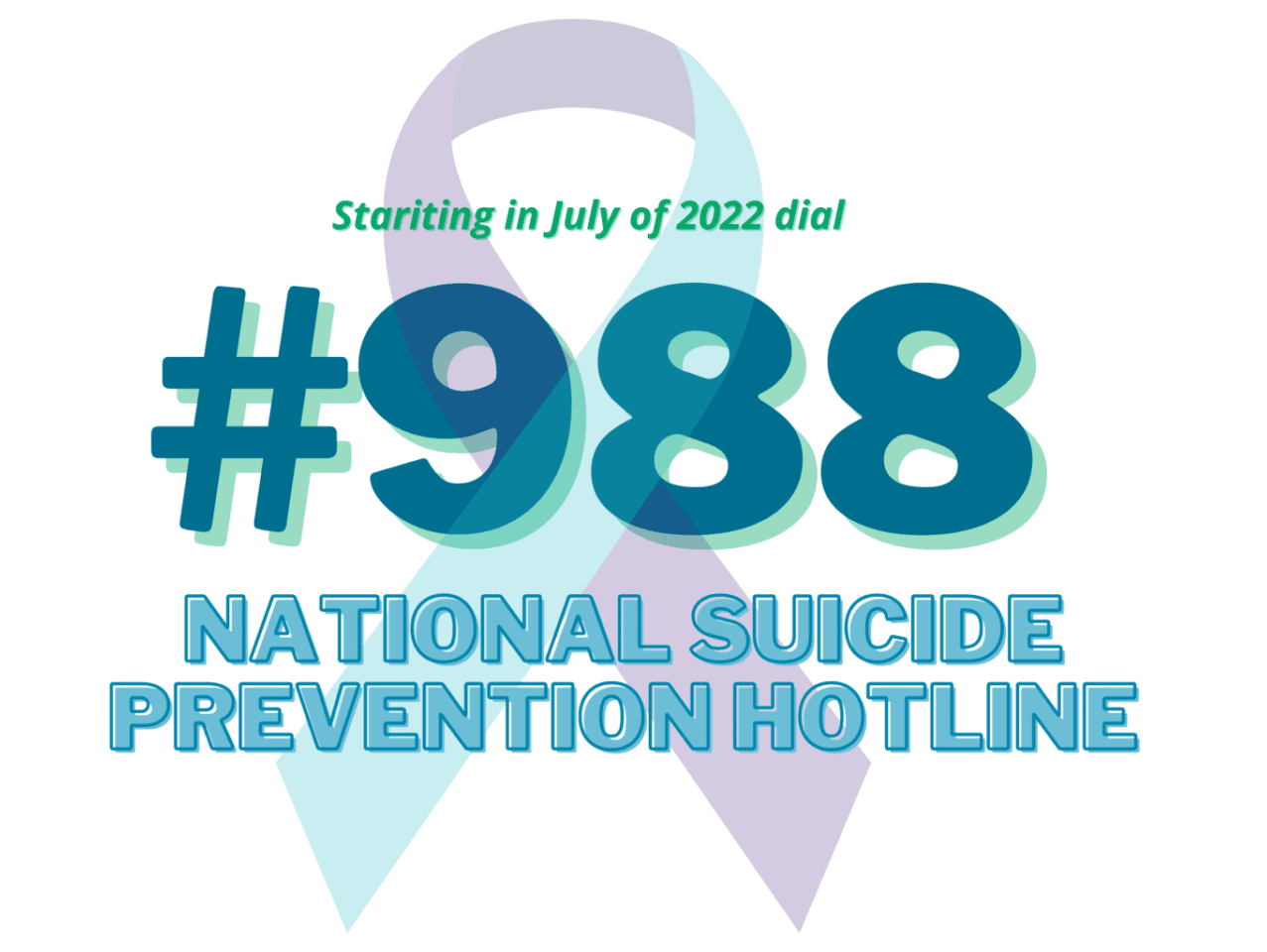L -aPs, Inc.
The Stress Solution: Techniques for a Balanced Life
Life is full of stressors that can affect both our mental and physical health. Identifying the signs and sources of stress is essential for effective management. Approaches to reducing stress can vary from making personal lifestyle changes to adjusting professional habits. In this article, L-aPs, Inc. will discuss practical steps to recognize and address these stressors, improving overall well-being.
Detecting Emotional Signs of Stress
When emotions such as irritability, anxiety, or a constant sense of being overwhelmed start to dominate your days, it's essential to take a step back and assess the situation. These feelings often serve as the body’s alarm system, indicating that stress levels are high. You may notice these emotions in response to minor inconveniences or challenges that wouldn't typically bother you. Understanding that these reactions can be cues to underlying stress helps you to address the issue before it escalates.
Changing Careers to Reduce Stress
Work-related stress is a common affliction for many. If you find that your job is no longer challenging or has become a source of significant stress, considering a career change might be beneficial. Pursuing an online cybersecurity degree can open new career opportunities while fitting into a busy schedule, allowing you to balance work and study effectively. Leveraging online degree programs is a practical way to enhance your qualifications while managing your current responsibilities.
Tracking Stressors Through Journaling
Maintaining a journal can be an enlightening method to pinpoint what triggers your stress. Regular entries about when you feel stressed and what's happening around you can reveal patterns over time. Whether it's a particular person, a type of interaction, or a specific environment, recognizing these triggers allows you to develop strategies to avoid or mitigate their effects. This awareness is a critical step in managing your stress proactively.
Analyzing Environmental Impacts
Your immediate environment plays a significant role in how you feel. Clutter, noise, and a lack of personal space can significantly increase stress levels. By assessing your surroundings, you might find that simple changes, such as organizing your workspace or reducing background noise, can have a profound impact on reducing your stress. Creating a peaceful, orderly environment can help maintain a calmer state of mind.
Physical Symptoms of Stress
Physical signs such as headaches, muscle tension, or chronic fatigue are often manifestations of stress. Paying close attention to these symptoms can provide important clues that your body is under stress. Once you recognize these signs, it becomes easier to take timely actions to reduce stress, such as adjusting your workload, increasing physical activity, or improving your sleep habits. Additionally, addressing stress early can prevent more serious health issues from developing over time.
Embracing Relaxation Techniques
Incorporating relaxation practices into your routine can significantly help manage stress. Techniques like meditation, deep breathing exercises, and yoga not only soothe the mind but also benefit the body. By making relaxation practices a regular part of your life, you can more effectively manage stress and prevent it from affecting your health and well-being. These practices also promote mental clarity and enhance emotional resilience, allowing you to better navigate daily challenges.
Balancing Life's Commitments
A common source of stress is the imbalance between personal life and professional duties. Reflecting on how you allocate your time can help you identify whether disproportionate commitments are causing stress. Achieving a more balanced distribution of energy and time between work and personal life can greatly reduce stress levels and improve overall satisfaction. Prioritizing self-care and setting healthy boundaries are essential steps in maintaining this equilibrium.
Managing stress effectively is essential for maintaining both mental and physical health. By identifying the sources and signs of stress, one can take informed steps to mitigate its impact. Implementing strategies such as environment optimization, relaxation techniques, and professional reassessment can lead to significant improvements. Addressing stress is a continuous process that requires awareness and action to maintain well-being.












